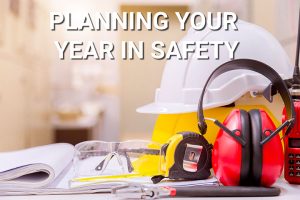
COVID-19 has been the toughest thing that most of us have ever dealt with. It has changed our lives and the way that we go about our lives in a way that none of us could ever have imagined.
As we look forward, we are faced with the decision to get vaccinated or take our chances and not get vaccinated. To me, the answer is easy; get vaccinated.
For all of those road warriors out there who decide not to get vaccinated, consider the following. This is not to pressure or shame anyone into making a decision, but is the reality of what happens when you get COVID.
We have had 5 or 6 of our traveling safety professionals’ contract COVID over the past year. All experienced symptoms, several severe. 17 days was the shortest time that someone was out and the longest was over a month. So, what happens to you if you get COVID while on a project now?
The CARES Act was enacted in 2020 and provided benefits for workers who were exposed to COVID. This could be an exposure, a sick family member, or the worker themselves getting the virus. The employer was required to continue paying wages with reimbursement from the Federal Government. As these benefits end, the landscape changes.
Here is the harsh reality. If you contract COVID while on a project, you are going to have to quarantine until you test negative twice. This will likely mean that you will be off of the project for at least 2.5 weeks. During that period, we or any other employer will likely need to replace you with another safety professional. We will have to mobilize the replacement in, and they will likely remain on the project to close it out.
This means that you will have to wait and work your way back into rotation for another project. There is no telling how long that might take. Also, your downtime would not be paid unless you have a PTO arrangement or accrued sick leave. Also, per diem benefits would likely end the day that you test positive, and you would be responsible for the costs to demobilize home.
As you can see, this is a lose-lose for everyone. There are still some question marks that need to be worked out, but from what we are hearing, the scenario above is going to become common.
Together we can beat this and return to normalcy. Please consider all of the consequences and make the decision that is best for you, your family, and your employer.

 EMPLOYEE LOGIN
EMPLOYEE LOGIN



